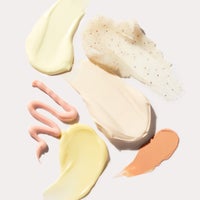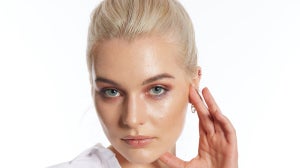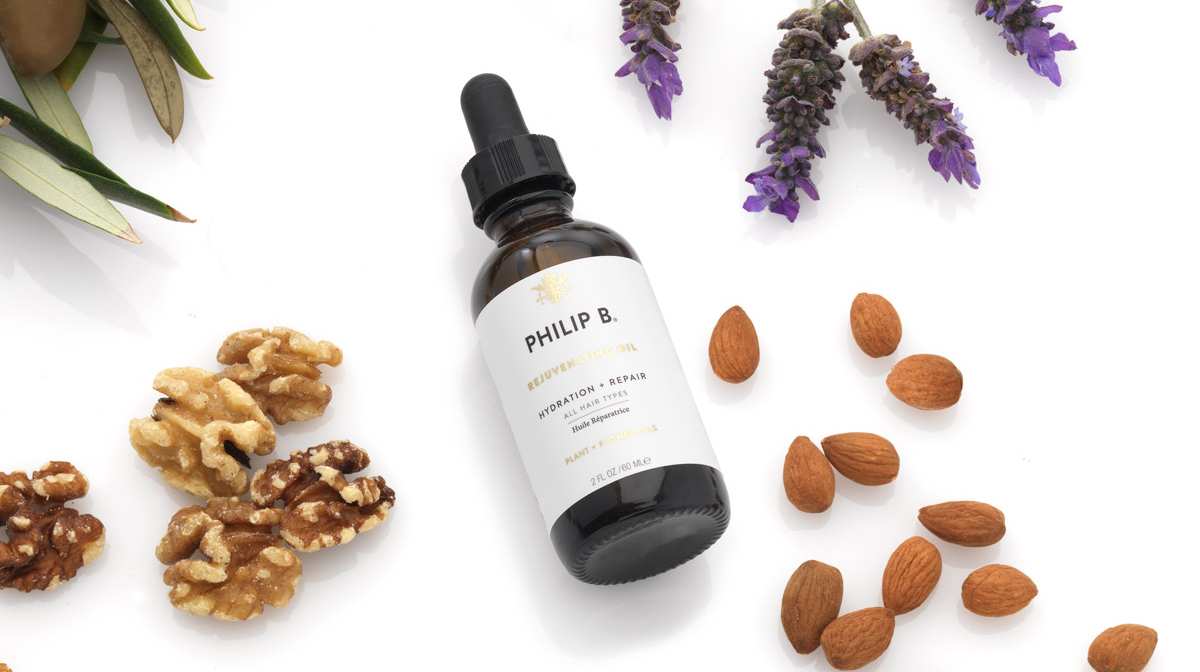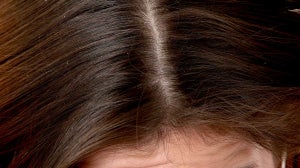
Hair oils are a tried-and-true solution for improving the health of the hair. With a track record that dates back thousands of years, using a hair oil regularly helps to nourish dry, damaged, and brittle strands to transform them. The popular hair oils used today incorporate botanical and plant-based ingredients, and even though it may seem like hair oils are a new trend, they're anything but that. Ahead, we break down everything you need to know about the hair-restoring treatment so that you can find the best hair oils for your hair type and its needs. Adding a hair oil to your regimen could help you to reinvigorate your hair, leaving it soft, strong and full of shine. With many different blends on the market, it can be overwhelming trying to find the best hair oil for you, but our favorites will rejuvenate your locks, leaving them looking healthy, smooth and full of shine.
Table of Contents
- Understanding Hair Types and Concerns
- Criteria for Selecting the Best Hair Oils
- Application Tips for Hair Oils
- SkinStore's Curated List of the Best Hair Oils
Understanding Hair Types and Concerns
Different hair types have various concerns. To reap the benefits of hair oil, you'll want to consider both your hair texture and the main problems you're looking to address when choosing.
Fine and straight hair types do well with lighter-weight oils like jojoba, almond, and grapeseed, which won't weigh down the hair. On the other hand, thick, more coarse hair needs more hydration and can usually handle heavier oils. If you need help determining which oil is best for your hair type, always start light and, if needed, replace it with a heavier one.
Hair texture aside, it's equally important to consider the hair's porosity (how well it can absorb and retain moisture). If your hair has low porosity and can't absorb certain oils, stick with light oils that use almond or jojoba, for example. Usually, thicker hair has a higher porosity and can benefit from avocado and castor oils.
Fine and thin hair is usually more concerned with oily-looking hair that sheds quickly and is lifeless and hard to style. Thicker, more coarse hair suffers more from dryness, brittleness, and split ends. These hair types may also experience an itchy scalp and irritation. No matter your hair type and the most pressing concerns, the best hair oil for your hair can make a world of difference.
Criteria for Selecting the Best Hair Oils
There's much to consider when looking for the best hair oils, such as certain key factors based on hair type and specific concerns. These factors may include:
Hair texture and type
Thicker, heavier hair can use heavier oils, which may be too much for someone with fine, thin hair. Conversely, even though light oils work well for normal hair types, they may not hydrate enough for someone with thick, coarse, or frizzy hair.
Scalp condition
When looking for the best oils for hair conditions and scalp issues, look at the ingredients in the oil since some have powerful effects. For example, if an itchy scalp is a problem, look for peppermint oil, while jojoba oils are good for alleviating a dry scalp. And the best oils for dry, flaky scalps infuse moisture back in, like jojoba oil.
Desired outcomes
If you want to eliminate frizz, a light hair oil applied on top of the hair can help since it smVIRTUE Flourish Density Boosteroothes down the cuticle. On the other hand, if perpetually dry strands are problematic, the best oils for dry hair nourish the hair and lock in moisture—try applying them to damp hair for an extra boost of hydration. Some hair oils can even be used to help promote hair growth and reduce shedding.
The ingredients
Hair oil ingredients are not a one-size-fits-all product, and what works well for one person may not be ideal for another. Always read the ingredients in a hair oil to see if it's compatible with your hair type.
Application Tips for Hair Oils
Not all oils are the same, meaning how to apply and use them differs. You'll want to make sure that you're applying your favorite type of oil the right way, so take into consideration the type of oil it is. It's also recommended to start incorporating hair oil into your routine in small amounts to see how your hair takes to it.
You also don't need to use much oil to see it starting to work. Too much oil can render the hair oily, greasy, and weighed down—it can also cause product buildup. Instead, use a few drops in the palm of your hand and apply it to the mid-length and down to the bottom of the hair. Make sure not to oversaturate the ends with oil. If there are areas where the hair is drier, you can concentrate more there.
Related Article: How to Use Hair Oil: A Guide for All Hair Types
SkinStore's Curated List of the Best Hair Oils
Rather than sifting through hundreds of hair oils to find the best ones, we did the work for you. Below, we break down the best hair oils based on hair type and concern—there’s bound to be one you fall in love with!
Shop SkinStore’s collection of hair oils that will strengthen your strands and leave it looking shiny.

Related Articles







